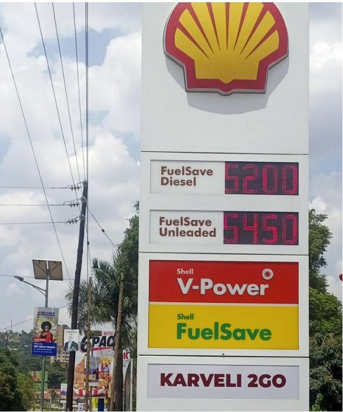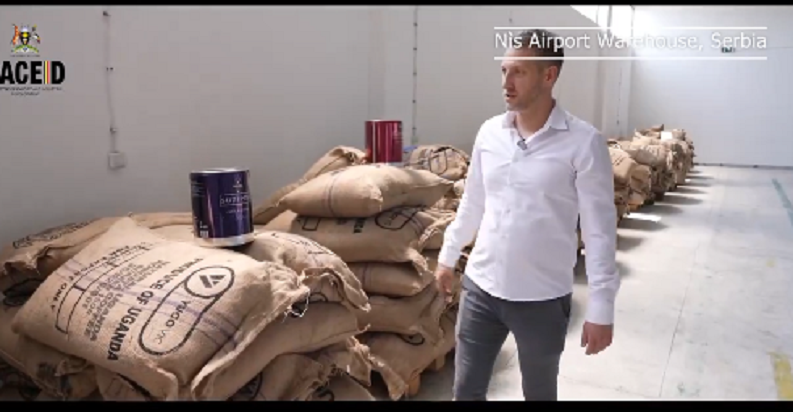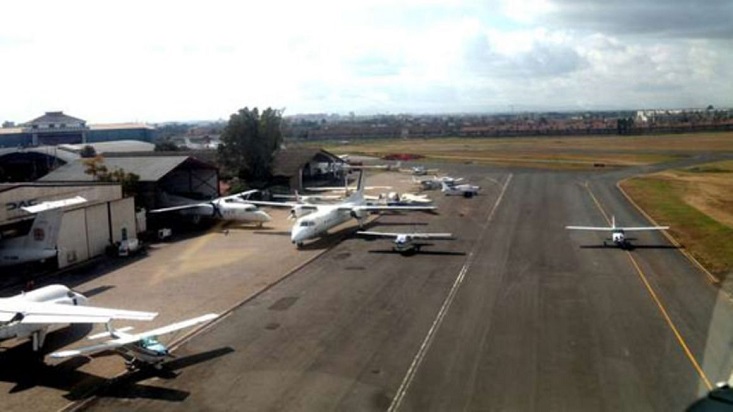Shell Bukoto selling Petrol at 5,450 and Diesel at 5,200 shillings a litre on Monday
Petrol prices and global inflation are likely to tick higher again as the OPEC+ group of oil-producing countries will hold production at nine million barrels a day for the rest of the year.
In Kampala, a liter of Diesel was at some pump station nearing 4,800 Shillings while petrol was by the beginning of the week being sold at close to 5,300 Shillings.
This is the stark warning from Nigel Green, the founder of deVere Group, one of the world’s largest independent financial advisory, asset management, and fintech organizations, as Saudi Arabia announced it would maintain its production cut at one million barrels a day until December.
This maintains the country’s output at nine million barrels a day, the lowest amount in several years. Russia has also confirmed it would maintain its own cutback of 300,000 barrels a day for the same period. Nigel Green comments:
“OPEC+ is ramping up petrol price pain, triggering fresh and increasing concerns about rising global inflation – which was just beginning to ease – meaning central banks could possibly push higher-for-longer interest rates.”
He further observes that restricted oil supply leads to higher oil prices, which, in turn, can contribute to higher fuel prices for consumers and businesses, putting upward pressure on overall inflation.
“Higher energy costs also lead to increased production costs for companies, which are typically passed on to consumers in the form of higher prices for goods and services, again contributing to inflationary pressures.”
Consumer behavior also plays a role in higher inflation.
When fuel prices rise, consumers may cut back on discretionary spending, which can impact economic activity.
Reduced consumer spending can influence inflation dynamics, especially in sectors heavily dependent on consumer demand.
“This move by OPEC+ will, of course, be considered by central banks when formulating monetary policy.
“If rising oil prices are expected to have a sustained impact on inflation, central banks can be expected to maintain higher interest rates for longer to control soaring prices.”
The deVere Group founder concludes: “The decision by the group of oil-producing countries will further exacerbate the cost-of-living and cost-of-business crisis as inflation is given another global boost.
The International Energy Agency(IEA) recently said shrinking supplies and record-high demand have pushed global crude oil prices up 15% since the beginning of July—and the IEA says they could keep rising. It said production cuts in Saudi Arabia have contributed to declining global inventories.
-URN





